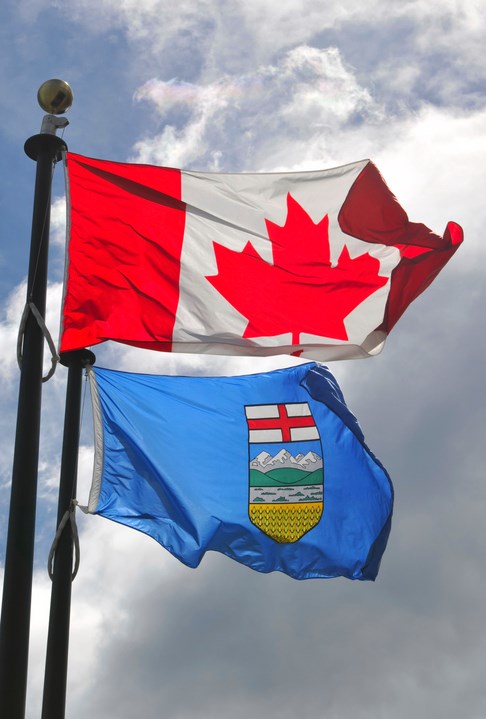Alberta’s referendum on equalization is more than a vote on a federal program: it’s an urgently needed conversation about a deep crack in Confederation. So far, Canada has ignored the problem and the rift has grown. Now a referendum “yes” vote will push federal and provincial governments to the negotiation table. So, let’s talk.
All Canadians have been struggling with the pandemic for the last year and a half, but our prairie friends have been dealing with economic hardships for the last six-plus years.
The 2014 oil price collapse sent Alberta’s economy into a tailspin.
By March 2016, about oil patch jobs were lost. In 2018, the tough times were still being felt around Alberta kitchen tables. Dwayne, a manager in Alberta’s oil industry, shared a haunting tale with a Calgary morning radio show.
“I have to lay off 25 per cent of my workforce right before Christmas,” Dwayne in 2018. “I love my guys, but I have to lay off 25 per cent. They’re going home to tell their wives tonight that Christmas is over. We’ve taken a pay cut so we can keep as many people employed as we can and today I have to break people’s hearts.
“This is the worse day of my life.”
Only a few months before the pandemic, the economic hardships were still being felt.
“Outside the Calgary headquarters, cabs were lined up to take people home as they filed out with their belongings,” CBC following layoffs at Husky Energy in 2019.
Canadian politicians made the tough times tougher.
During Alberta’s downturn, the feds the Northern Gateway pipeline, moved the on Energy East, imposed a No More Pipelines Law and discriminatory tanker ban and watched from the sidelines while the United States pulled the plug on the Keystone XL pipeline.
In British Columbia, politicians pledged to “” to block Alberta pipelines. In Quebec, Premier François Legault called Alberta’s oil “” and said there’s “” for another oil pipeline.
Despite the open hostility to Alberta’s economic driver, the prairie province continued to punch above its weight for Canada. Between 2015 and 2018, Alberta taxpayers paid more to the feds than they received back in spending. This year, equalization alone will cost an Alberta family of four .
On Oct. 18, Albertans will vote in a province-wide equalization referendum. A goal of the referendum is to bring these legitimate grievances to kitchen tables coast to coast. The way the feds treated Alberta is unfair and remedies are needed.
But there are other reasons for provinces to rethink the equalization and natural resource status quo.
Canada needs taxpayer-friendly ways to recover our economy, such as removing roadblocks to Canadian natural resource development. Since 2014, $215 billion worth of Canadian resource projects have been stalled or cancelled in part because of governments, to Secondstreet.org. About $140 billion of that occurred outside of Alberta.
A taxpayer-friendly recovery is certainly needed given the $1-trillion federal debt. Equalization continues to douse more red ink on the nation’s finances. When equalization was first created in 1957, it was $1.3 billion (2021 dollars). It now costs $21 billion – a 1,500 per cent increase. Despite the massive cost increase, is there any evidence that any province is fundamentally better off?
Equalization harms taxpayers in provinces that receive the money because it allows politicians to rely on external tax dollars and less on solid policies to grow their own economies. Even politicians receiving equalization, such as and in Quebec, have acknowledged this perverse reality.
Alberta’s referendum will fuel a much-needed conversation around equalization and natural resource development. As with any troubled relationship, silence can only increase the trouble. It’s in the best interest for all provinces to kickstart this conversation.
Franco Terrazzano is the federal director of the Canadian Taxpayers Federation




